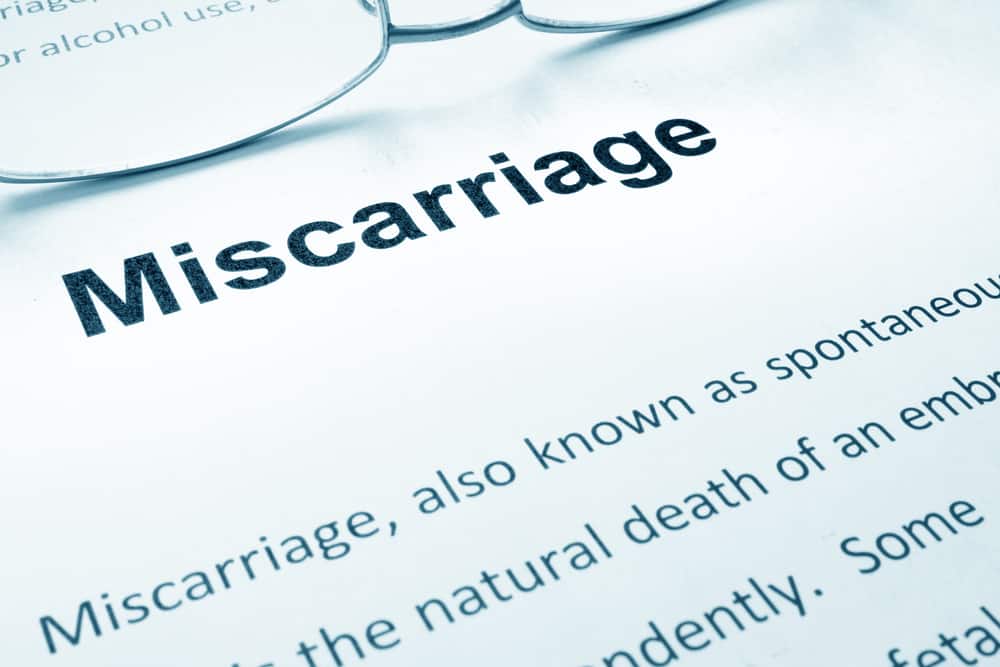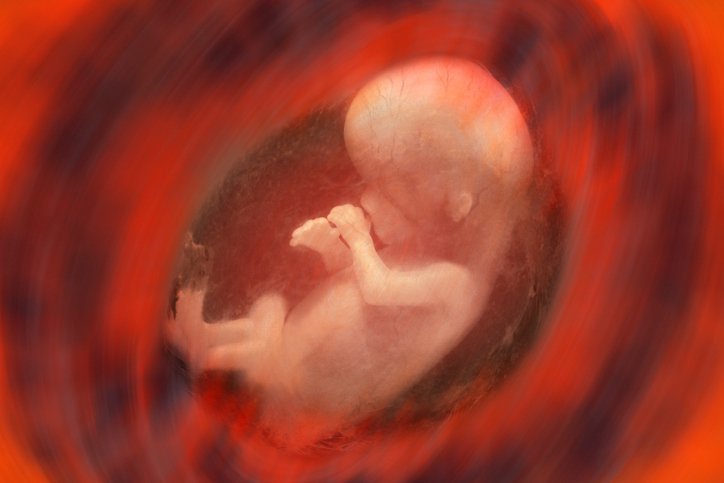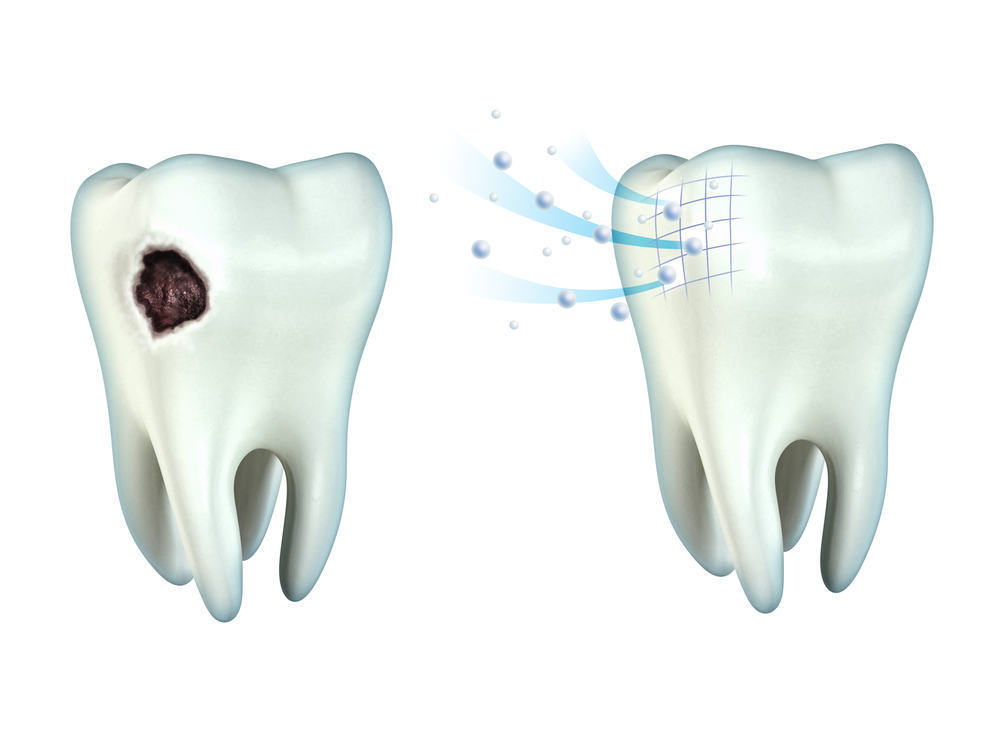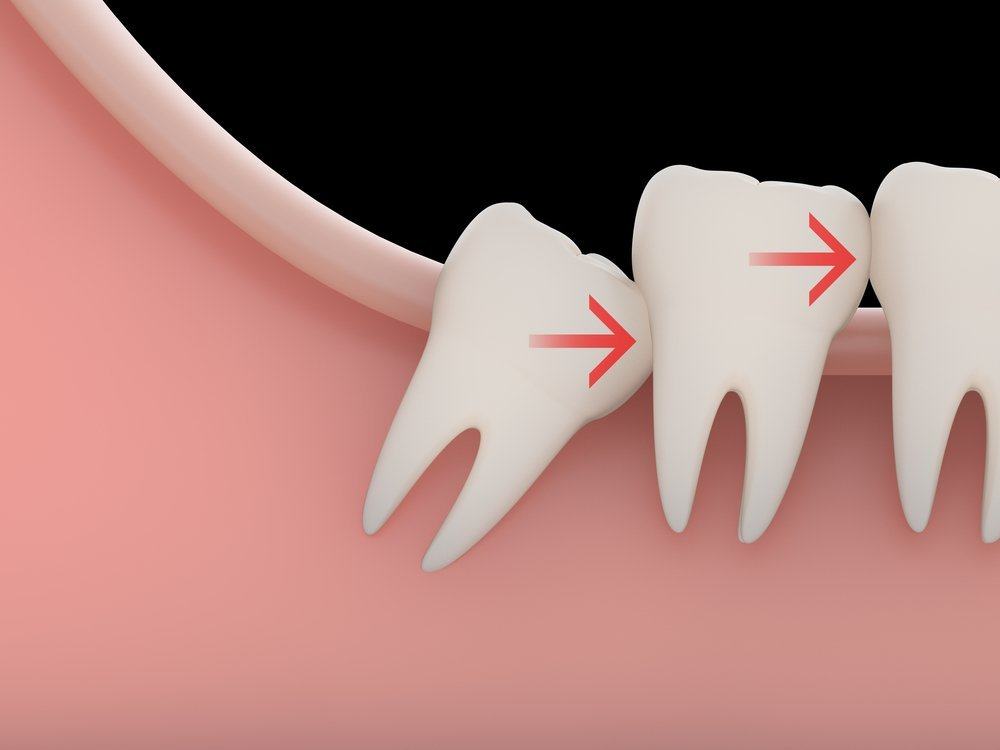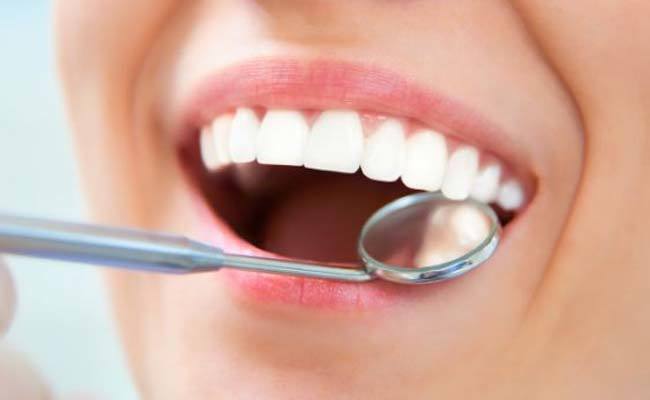Contents:
- Medical Video: Early miscarriage - 25 things to know when trying to conceive
- What can cause miscarriage?
- Miscarriage in the first trimester
- Miscarriage in the second trimester
- What are the risk factors that can increase the risk of miscarriage?
- 1. The age of a woman is old during pregnancy
- 2. Obesity or lack of weight
- 3. Smoking and drinking alcohol
- 4. Medicine
- 5. History of miscarriage
- 6. Vitamin levels
Medical Video: Early miscarriage - 25 things to know when trying to conceive
Miscarriage is certainly the most undesirable thing that happens during pregnancy. Many things can be the cause of a miscarriage, starting from the condition of the fetus when it is first in the mother's womb, the abnormality of the mother's womb, to the health and lifestyle of the mother.
Miscarriage can occur suddenly, even though the mother has been very guarding her pregnancy. In fact, a miscarriage can occur when a woman has not realized that she is pregnant. About 10-20% of pregnancies can end in miscarriage. Generally, miscarriages occur in the first trimester of pregnancy, which is 7-12 weeks after conception.
What can cause miscarriage?
Many things can cause miscarriages. If a miscarriage occurs during the first trimester (the first 3 months of pregnancy), it is usually caused by problems in the fetus. Whereas, if a miscarriage occurs in the second trimester, it usually occurs because of the maternal health condition.
Miscarriage in the first trimester
Miscarriage in the first trimester, usually caused by:
1. Chromosome problems in babies
50-70% of miscarriages that occur in the first trimester are caused by this. Often, fertilized sperm eggs have an incorrect number of chromosomes, can be deficient or excess, so the fetus cannot develop normally and a miscarriage occurs.
2. Problems with the placenta
The placenta is an organ that connects the mother's blood flow to the baby, so the baby gets nutrients for fetal growth and development. Therefore, if there is a problem with the placenta, it can interfere with the growth and development of the baby, and can even cause miscarriage.
Miscarriage in the second trimester
Miscarriage in the second trimester, usually caused by:
1. Maternal health condition
Mothers who suffer from diseases during pregnancy, such as diabetes, high blood pressure, lupus, kidney disease, and problems in the thyroid gland, have a higher risk of miscarriage. Mothers who have polycystic ovary syndrome (PCOS) are also associated with a higher risk of miscarriage, but it is still unclear how this can occur.
2. Infectious diseases
Like rubella, cytomegalovirus, bacterial vaginosis, HIV, chlamydiagonorrhea, syphilis and malaria can also increase the risk of miscarriage in pregnant women. This infection can cause the amniotic sac to rupture prematurely or it can also cause the cervix to open too quickly.
3. Food poisoning
Caused by eating food contaminated with bacteria or other microbes. For example, listeria bacteria can be found in unpasteurized dairy products, toxoplasma parasites which can be obtained from consumption of raw or undercooked meat (usually lamb and pork), and salmonella bacteria which can be found in raw or undercooked eggs.
4. Structure of the uterus
Problems and abnormalities in the form of the uterus can cause miscarriages. In addition, the growth of fibroids (non-cancerous) in the uterus can also jeopardize fetal development.
5. Weakening of the cervix
The cervical muscles that are too weak can cause the cervix to open too quickly, which can lead to miscarriage. This is also commonly known as cervical incompetence.
What are the risk factors that can increase the risk of miscarriage?
Opportunities for women to experience miscarriages increase, if:
1. The age of a woman is old during pregnancy
Pregnancy in old age puts women at a higher risk of miscarriage. Women who are 40 years old when hami have a 2-fold risk of miscarriage compared to women who are pregnant at the age of 20 years. The older you are when you are pregnant, the higher your risk of miscarriage.
2. Obesity or lack of weight
Overweight or underweight, both of them can increase the risk of miscarriage. Research published by the International Journal of Obstetrics and Gynecology shows that women who are underweight (underweight) has a 72% chance of having a miscarriage during the first trimester of pregnancy compared to women who have a normal weight.
3. Smoking and drinking alcohol
Women who smoke (or ex-smokers) and drink alcohol during pregnancy can increase the risk of miscarriage compared to women who have never smoked and drank alcohol. Research also shows that mothers and fathers who consume high alcohol around conception can increase their risk of miscarriage during pregnancy.
4. Medicine
Be careful when taking drugs while pregnant. Aim for treatment, but wrong medication can actually make you miscarry. Some drugs that can increase your risk of miscarriage are misoprostol and methotrexate (to treat rheumatoid arthritis), retinoids (to treat eczema and zits), and types of drugs non-steroidal anti-inflammatory drugs (NSAIDs), such as ibuprofen (to treat pain and inflammation).
5. History of miscarriage
Women who have had a miscarriage twice or more in a row are more likely to experience a miscarriage than women who have never had a miscarriage.
6. Vitamin levels
Research shows that lack of vitamin D and vitamin B in the body can also increase the risk of miscarriage during pregnancy. Therefore, you should meet your nutritional needs during pregnancy, consume prenatal vitamins if necessary.
READ ALSO
- What Is Miscarriage Secretly?
- Knowing the Causes and Signs of Miscarriage
- Make peace with the verdict of miscarriage

